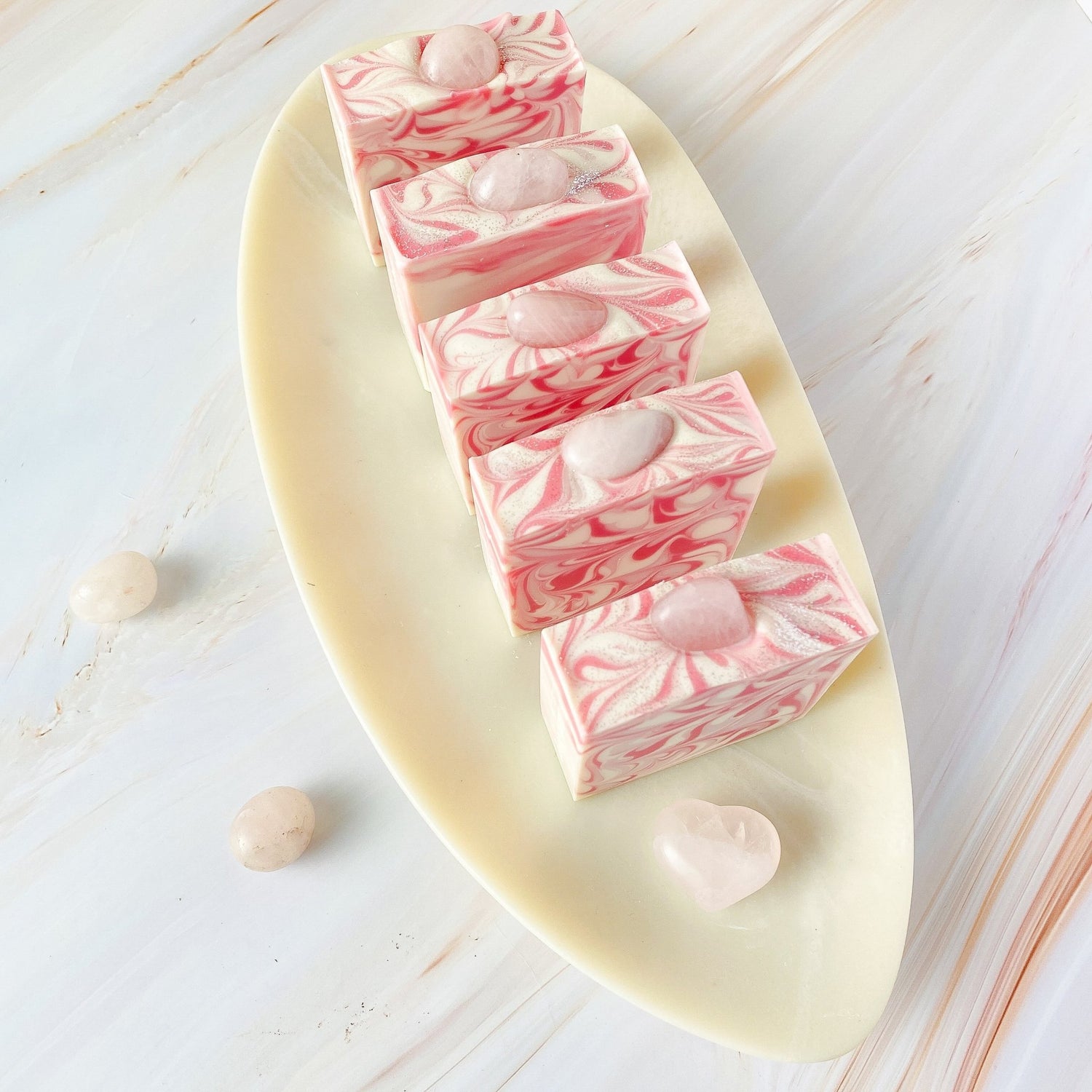
How Are Handmade Natural Soaps Made?
How Are Handmade Natural Soaps Made?

Introduction:
When it comes to skincare, more and more people are embracing natural and handmade products. Among these, handmade natural soaps stand out for their quality, purity, and the intricate craftsmanship involved. But have you ever wondered how these delightful bars of nourishment are made? Let's dive into the fascinating process behind handmade natural soaps.
1: Sourcing High-Quality, Natural Ingredients:
The journey of a handmade natural soap begins with sourcing top-quality, natural ingredients. These typically include a mix of plant-based oils such as olive oil, coconut oil, shea butter, and essential oils. Depending on the soap recipe, soap makers might also include natural colorants, exfoliants, and additives like clay, herbs, or oats.
2: Cold Process Method:
Most handmade soaps are made using the cold process method. In this method, the oils are mixed with an alkali—usually sodium hydroxide (lye)—to trigger a chemical reaction known as saponification. The result? Soap!
3: Creating the Soap Batter:
The soap-making process starts by carefully measuring the oils and lye using a digital scale. The lye is then dissolved in a liquid—usually water or milk. Once the oils and the lye solution have cooled to the desired temperature, they're mixed together to create what soap makers call a 'soap batter'.
4: Adding Extra Goodness:
At the 'trace' stage, when the soap batter has thickened slightly, additional ingredients such as essential oils, exfoliants, and colorants are added. This stage allows for a lot of creativity and customization.
5: Molding and Curing:
The soap batter is then poured into a mold where it will stay for 24-48 hours. During this time, saponification completes, and the soap hardens. Once removed from the mold, the soap needs to cure for 4-6 weeks. This curing period allows the water to evaporate, resulting in a harder, longer-lasting and gental bar of soap.
6: Quality Assurance:
Each bar is then inspected, ensuring it meets the high standards of handmade soap. Because of the attention to detail, each bar of soap is unique—similar to a piece of art!
Conclusion:
The process of making handmade natural soap is a labor of love that requires skill, patience, and a deep understanding of natural ingredients and their benefits. While it might be a longer and more costly process compared to commercial soap-making, the end result is a superior product that is gentle on the skin, environmentally friendly, and unique in its design and properties. Once you experience the luxury of using handmade natural soap, you'll understand why it is well worth the effort.


